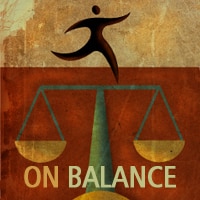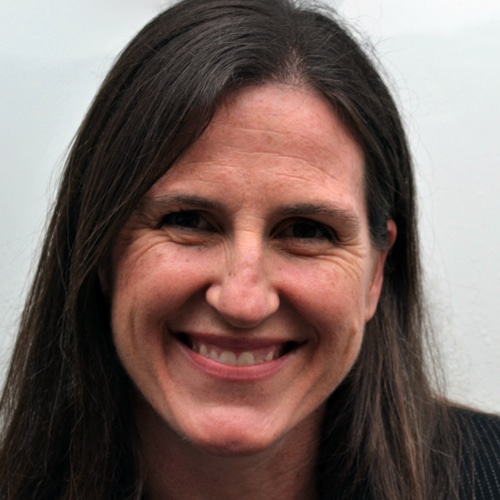Lately, thinking creatively about the practice of law has been a theme running through my professional life. While we are a relatively stodgy profession, many avenues for legal innovation exist. From applying new technology to a traditional brick-and-mortar practice to taking law to the street in a converted truck, I have heard dozens of stories about inventive ways to practice law.
Interestingly, the lawyers who are thinking creatively about their practices also seem to be using strategies that act as safeguards against ethics violations.
What’s Creative Thinking in Law?
Skeptics abound among us, so I’ll explain what I mean by creative thinking in law practice. For many solos and small law firms, the picture of law practice is heavily colored by a traditional perspective. Open an office at a physical location; hire a secretary or assistant to answer the phone; meet clients in your office in person; advertise in the local media; prepare documents with commonly used software; print-sign-file litigation documents; and generally run a practice that looks very much like law firms have looked for decades.
This picture has changed for many — and what seemed radical not long ago has become commonplace. Notable changes include electronic filing in courts, electronic signatures, outsourcing of receptionist services, and the use of cellphones as primary phone numbers. You don’t have to be very senior to remember when e-filing was new and some lawyers thought it was crazy. Now we think a court is in the dark ages if it still requires paper filing.
Changes being introduced by innovative lawyers today seem radical once again, but, like virtual receptionists, they will soon be common. Recently I met a lawyer who is developing a chat bot to create legal documents for consumers. Another is planning to outfit a former food truck and take to the streets, meeting potential clients for brief free consultations and signing up those ready to retain the firm. Yet another is implementing automated scheduling technology to allow clients to schedule a time to meet with the lawyer virtually, pay for the consultation online, and submit all required information ahead of the meeting, all without the lawyer personally doing anything.
How Creativity Breeds Ethical Safeguards
If your gut reaction to these examples is “you can’t do that!” then the answer to how creative thinking breeds ethical safeguards should be clear. When we push the boundaries of our traditional training to expand the scope of law practice, everything drilled into us in law school makes us question whether that new idea is permitted under the ethical rules. If you are a lawyer determined to implement a new idea, the only way to get past that gut check is to carefully think through how the ethics rules apply, and how to innovate within their confines.
For example, using a chat bot to create legal documents is not so very different from sitting down with a live client, going over a questionnaire that covers the necessary information to create documents, and then creating the documents for the client to execute. In the traditional version of this scenario, a lawyer probably isn’t particularly worried about the ethics rules. After all, this is a simple process undertaken by thousands of lawyers every day.
The chat bot lawyer, however, is going to think more carefully about his process. How can he control for whether the consumer provides all the information needed to completely create the documents? (Also a problem for the face-to-face lawyer, but not one he necessarily considers.) What should he do about potential conflicts between individuals accessing the chat bot independently? Can he guarantee the documents are ready to be used for their intended purpose when he has no personal interaction with the consumer?
The chat bot lawyer is going to think about having a disclaimer that consumers must agree to before accessing the bot. He will make clear that the information provided does not create an attorney-client relationship; that the documents created by the bot are only as useful as the information given by the consumer is complete; that he cannot guarantee the content of the documents unless the consumer chooses to hire the lawyer and form an attorney-client relationship and have the lawyer go over the documents.
A traditional lawyer’s documents could suffer from the same potential infirmities, but she probably does not include such warnings and disclaimers in her fee agreement. And that is exactly the point. The innovative lawyer must think about these issues quite carefully.
When you push the boundaries of traditional law practice, you necessarily bring yourself around to viewing your idea through the ethics lens. As a result, it is more likely that you will implement your creative idea in an ethically sound manner. Without pushing those boundaries, ethics rules frequently fade into the background. Lawyers think they know what the rules require but they don’t actually look all that closely.
What Are You Waiting For?
The future of law practice will most certainly include brick-and-mortar offices and in-person meetings with wet signatures, but creative thinking lawyers are becoming a major force in the legal market. Don’t immediately reject an idea for your practice because it seems too risky. Instead, use the idea that expanding your thinking may actually lead to better safety measures as an impetus to create something exciting in your practice. This may be the push you need!
Illustration ©iStockPhoto.com






















